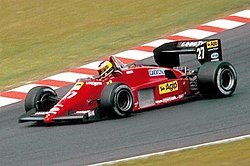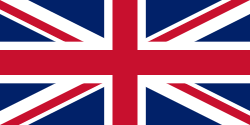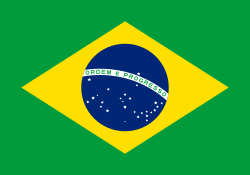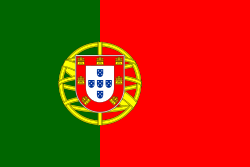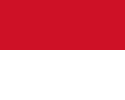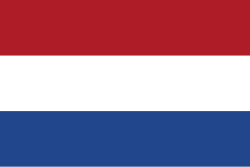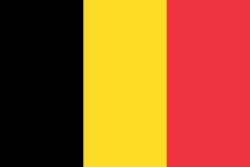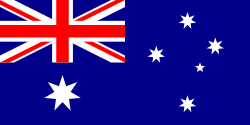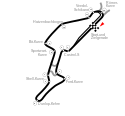Tysklands Grand Prix 1985
 | |
| Datum | 4 augusti 1985 |
|---|---|
| Bana | Nürburgring |
| Sträcka | 67 × 4,542 = 304,314 km |
| Vinnare | Michele Alboreto, Ferrari |
| Pole position | Teo Fabi, Toleman-Hart |
| Snabbaste varv | Niki Lauda, McLaren-TAG, 1:22,806 |
Tysklands Grand Prix 1985 var det nionde av 16 lopp ingående i formel 1-VM 1985.
Resultat
- Michele Alboreto, Ferrari, 9 poäng
- Alain Prost, McLaren-TAG, 6
- Jacques Laffite, Ligier-Renault, 4
- Thierry Boutsen, Arrows-BMW, 3
- Niki Lauda, McLaren-TAG, 2
- Nigel Mansell, Williams-Honda, 1
- Gerhard Berger, Arrows-BMW
- Stefan Bellof, Tyrrell-Renault
- Stefan "Lill-Lövis" Johansson, Ferrari
- Martin Brundle, Tyrrell-Ford
- Pierluigi Martini, Minardi-Motori Moderni (varv 62, motor)
- Keke Rosberg, Williams-Honda (61, bromsar)
Förare som bröt loppet
- Eddie Cheever, Alfa Romeo (varv 45, turbo)
- Elio de Angelis, Lotus-Renault (40, motor)
- Huub Rothengatter, Osella-Alfa Romeo (32, växellåda)
- Teo Fabi, Toleman-Hart (29, koppling)
- Ayrton Senna, Lotus-Renault (27, transmission)
- Derek Warwick, Renault (25, tändning)
- Nelson Piquet, Brabham-BMW (23, turbo)
- Patrick Tambay, Renault (19, snurrade av)
- Marc Surer, Brabham-BMW (15, motor)
- Manfred Winkelhock, RAM-Hart (8, motor)
- Riccardo Patrese, Alfa Romeo (8, växellåda)
- Francois Hesnault, Renault (8, koppling)
- Philippe Alliot, RAM-Hart (8, oljetryck)
- Jonathan Palmer, Zakspeed (7, generator)
- Andrea de Cesaris, Ligier-Renault (0, kollision)
Noteringar
VM-ställning
Förarmästerskapet
| Konstruktörsmästerskapet
|
| ||||||||
| |||||
Media som används på denna webbplats
Flag of Portugal, created by Columbano Bordalo Pinheiro (1857–1929), officially adopted by Portuguese government in June 30th 1911 (in use since about November 1910). Color shades matching the RGB values officially reccomended here. (PMS values should be used for direct ink or textile; CMYK for 4-color offset printing on paper; this is an image for screen display, RGB should be used.)
The civil ensign and flag of Belgium. It is identical to Image:Flag of Belgium.svg except that it has a 2:3 ratio, instead of 13:15.
The Flag of Europe is the flag and emblem of the European Union (EU) and Council of Europe (CoE). It consists of a circle of 12 golden (yellow) stars on a blue background. It was created in 1955 by the CoE and adopted by the EU, then the European Communities, in the 1980s.
The CoE and EU are distinct in membership and nature. The CoE is a 47-member international organisation dealing with human rights and rule of law, while the EU is a quasi-federal union of 27 states focused on economic integration and political cooperation. Today, the flag is mostly associated with the latter.
It was the intention of the CoE that the flag should come to represent Europe as a whole, and since its adoption the membership of the CoE covers nearly the entire continent. This is why the EU adopted the same flag. The flag has been used to represent Europe in sporting events and as a pro-democracy banner outside the Union.Flag of South Africa, used between 1928 and 1982. It is identical to the 1982 to 1994 version except that the shade of blue is darker. It is also known as the "Oranje-Blanje-Blou".
Författare/Upphovsman: Pitlane02, Licens: CC BY-SA 3.0
Nürburgring, layout 1984, the Grand-Prix-Track
